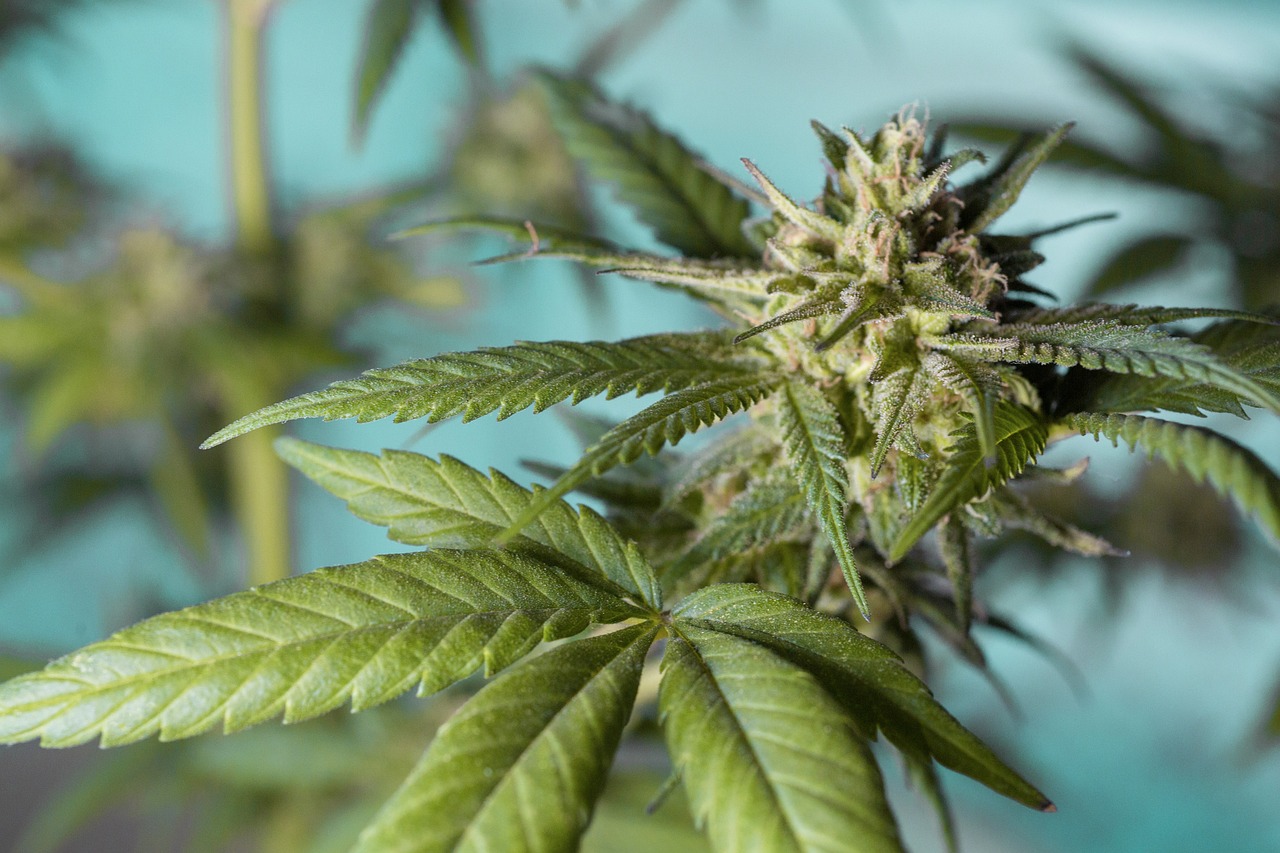THCA Flower: A Closer Look at Its Medicinal Benefits
In recent years, the cannabis industry has seen a surge in interest surrounding the potential health benefits of various cannabinoids. Among these, THCA (tetrahydrocannabinolic acid) has emerged as a compound of significant interest. Unlike its more famous counterpart THC, THCA is non-psychoactive, making it an appealing option for those seeking therapeutic effects without the high. This article explores the medicinal benefits of THCA flower review, supported by research and real-world examples.
Understanding THCA
THCA is a naturally occurring cannabinoid found in raw and live cannabis plants. It is the precursor to THC, the compound responsible for the psychoactive effects of cannabis. When cannabis is heated through smoking, vaping, or cooking, THCA undergoes decarboxylation, converting into THC. This transformation is why raw cannabis does not produce a high.
Research into THCA is still in its early stages, but preliminary findings suggest a range of potential health benefits. These benefits are attributed to its anti-inflammatory, neuroprotective, and anti-emetic properties, among others.
Anti-Inflammatory Properties
Inflammation is a common underlying factor in many chronic diseases, including arthritis, inflammatory bowel disease, and multiple sclerosis. THCA has shown promise as an anti-inflammatory agent, potentially offering relief for individuals suffering from these conditions.
- A study published in the Journal of Pharmacology found that THCA reduced inflammation in animal models, suggesting its potential as a treatment for inflammatory conditions.
- Patients with arthritis have reported reduced pain and swelling after using THCA-rich products, highlighting its potential as a natural alternative to traditional anti-inflammatory medications.
Neuroprotective Effects
Neurodegenerative diseases such as Alzheimer’s and Parkinson’s are characterized by the progressive loss of nerve cells. THCA’s neuroprotective properties may offer hope for those affected by these debilitating conditions.
- Research conducted by the Institute of Molecular Psychiatry demonstrated that THCA could protect neurons from oxidative stress, a key factor in neurodegeneration.
- Case studies have shown that patients with Parkinson’s disease experienced improved motor function and reduced tremors after incorporating THCA into their treatment regimen.
Anti-Emetic Benefits
Nausea and vomiting are common side effects of chemotherapy and other medical treatments. THCA has been identified as a potential anti-emetic, providing relief for patients undergoing such therapies.
- A study in the British Journal of Pharmacology found that THCA significantly reduced nausea in animal models, paving the way for its use in human patients.
- Cancer patients have reported decreased nausea and improved appetite when using THCA, enhancing their overall quality of life during treatment.
Potential for Pain Relief
Chronic pain affects millions worldwide, often leading to a reliance on opioid medications. THCA offers a promising alternative for pain management without the risk of addiction associated with opioids.
- Research indicates that THCA interacts with the body’s endocannabinoid system, modulating pain perception and providing relief.
- Individuals with fibromyalgia and other chronic pain conditions have reported significant improvements in pain levels after using THCA-rich products.
Real-World Applications and Case Studies
Beyond the laboratory, THCA has found its way into the lives of many seeking natural remedies for their ailments. Several case studies illustrate its impact:
- A patient with Crohn’s disease experienced a marked reduction in symptoms and improved quality of life after incorporating THCA into their treatment plan.
- Individuals with epilepsy have reported fewer seizures and improved neurological function with the use of THCA, offering hope for those with treatment-resistant forms of the condition.
Conclusion
THCA flower presents a promising avenue for those seeking the medicinal benefits of cannabis without the psychoactive effects. Its anti-inflammatory, neuroprotective, anti-emetic, and pain-relieving properties offer potential relief for a variety of conditions. While research is still ongoing, the anecdotal evidence and preliminary studies provide a compelling case for the therapeutic potential of THCA. As interest in this cannabinoid grows, further research will likely uncover even more benefits, solidifying its place in the world of natural medicine.

